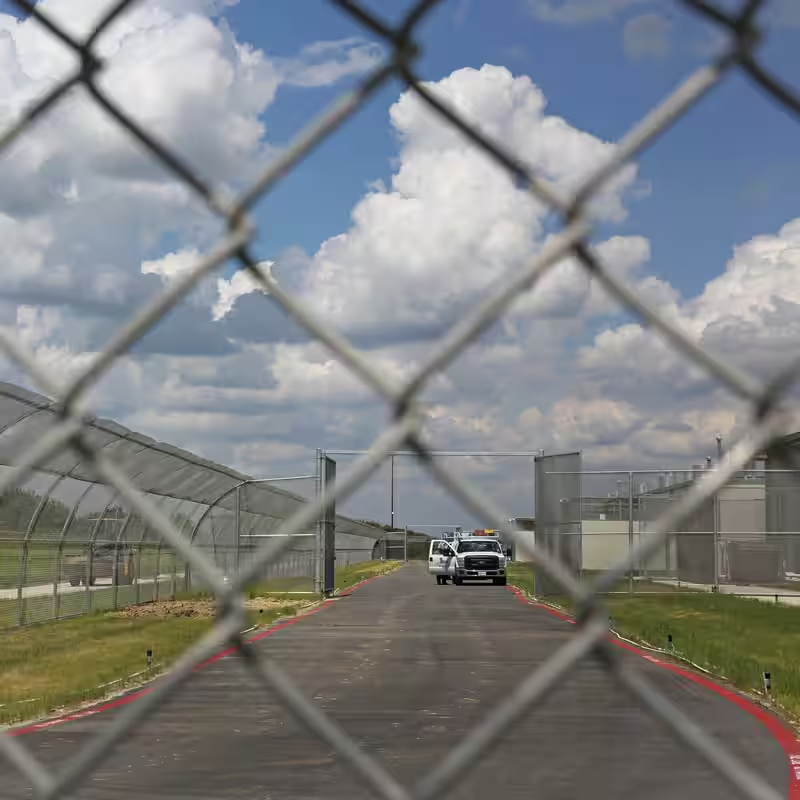Table of Contents
- Breaking: First Terrorism Charges Against Antifa-Linked Individuals
- What Is Antifa, Really?
- The Texas Detention Center Attack: What Happened?
- Legal and Political Implications of the Indictment
- Experts Warn of Overreach in ‘Enterprise’ Investigations
- Broader Crackdown on Left-Wing Activism?
- Sources
antifa Terrorism Charges: A Historic Legal Move
For the first time in U.S. history, federal prosecutors have filed terrorism-related charges against individuals allegedly tied to the antifa movement. Cameron Arnold and Zachary Evetts now stand at the center of a high-profile case that could reshape how the Justice Department handles domestic political violence.
Announced by Attorney General Pam Bondi on October 16, 2025, the indictment accuses the two men of providing material support to terrorists, attempted murder, and firearms violations in connection with a July 4 armed assault on the Prairieland Detention Center in Alvarado, Texas.
“As @POTUS has made clear,” Bondi wrote in a social media post, “Antifa is a left-wing terrorist organization. They will be prosecuted as such.”
What Is Antifa, Really?
Despite frequent references by President Trump and his administration, antifa—short for “anti-fascist”—is not a centralized organization with formal leadership or membership rolls. Instead, it’s a decentralized network of autonomous groups and individuals united by opposition to far-right extremism and fascism.
However, the newly unsealed 12-page federal indictment paints a different picture, describing antifa as a “militant enterprise” composed of “networks of individuals and small groups” adhering to “revolutionary anarchist or autonomous Marxist ideology.” The document goes further, alleging the movement explicitly seeks “the overthrow of the United States government, law enforcement authorities and the system of law.”
The Texas Detention Center Attack: What Happened?
According to court documents, Arnold and Evetts were part of a group of at least 11 masked individuals clad in black who launched a coordinated assault on the Prairieland facility. The attackers used fireworks as cover before opening fire with rifles, striking a police officer in the neck.
The indictment reveals chilling details:
- More than 50 firearms were purchased in the Fort Worth area by the group.
- Members trained in “firearms and close-quarters combat.”
- They used encrypted messaging apps to coordinate.
- Before the attack, they gathered at a nearby house, reviewed facility maps, and packed medical kits alongside weapons.
Quoting the alleged cell leader: “Cops are not trained or equipped for more than one rifle, so it tends to make them back off.”
Legal and Political Implications of the Indictment
While the U.S. has no formal legal category for “domestic terrorist organizations,” the Trump administration has aggressively pushed to label antifa as such. In September 2025, President Trump signed an executive order declaring antifa a domestic terrorist group—a symbolic move with no statutory basis but significant political weight.
The use of the material support for terrorism statute against antifa-linked individuals is notable. Historically, this law has been applied more often to right-wing extremists, even when those groups also lacked formal terrorist designations.
Experts Warn of Overreach in ‘Enterprise’ Investigations
Thomas E. Brzozowski, former counsel for domestic terrorism in the Justice Department’s national security division, expressed concern about the scope of the investigation.
“This appears to be investigation by proclamation instead of investigation by sound intelligence… That’s what happens when you open such a broad investigation into what is essentially an idea.”
Brzozowski noted that labeling a loosely connected ideological movement as a criminal “enterprise” could lead to surveillance and prosecution of nonviolent activists who merely share similar political views.
Broader Crackdown on Left-Wing Activism?
The antifa indictment is part of a wider pattern. The Justice Department, under Trump’s direction, has also launched probes into liberal financier George Soros based on claims from conservative watchdogs. Vice President JD Vance recently called “left-wing political violence” a “big problem” requiring focused law enforcement attention.
Critics argue this marks a shift in federal priorities—away from monitoring far-right militias and toward targeting progressive movements, regardless of actual violence.
Sources
The New York Times: Terrorism Charges Against Antifa ‘Cell’ Show Administration’s Focus on the Left




